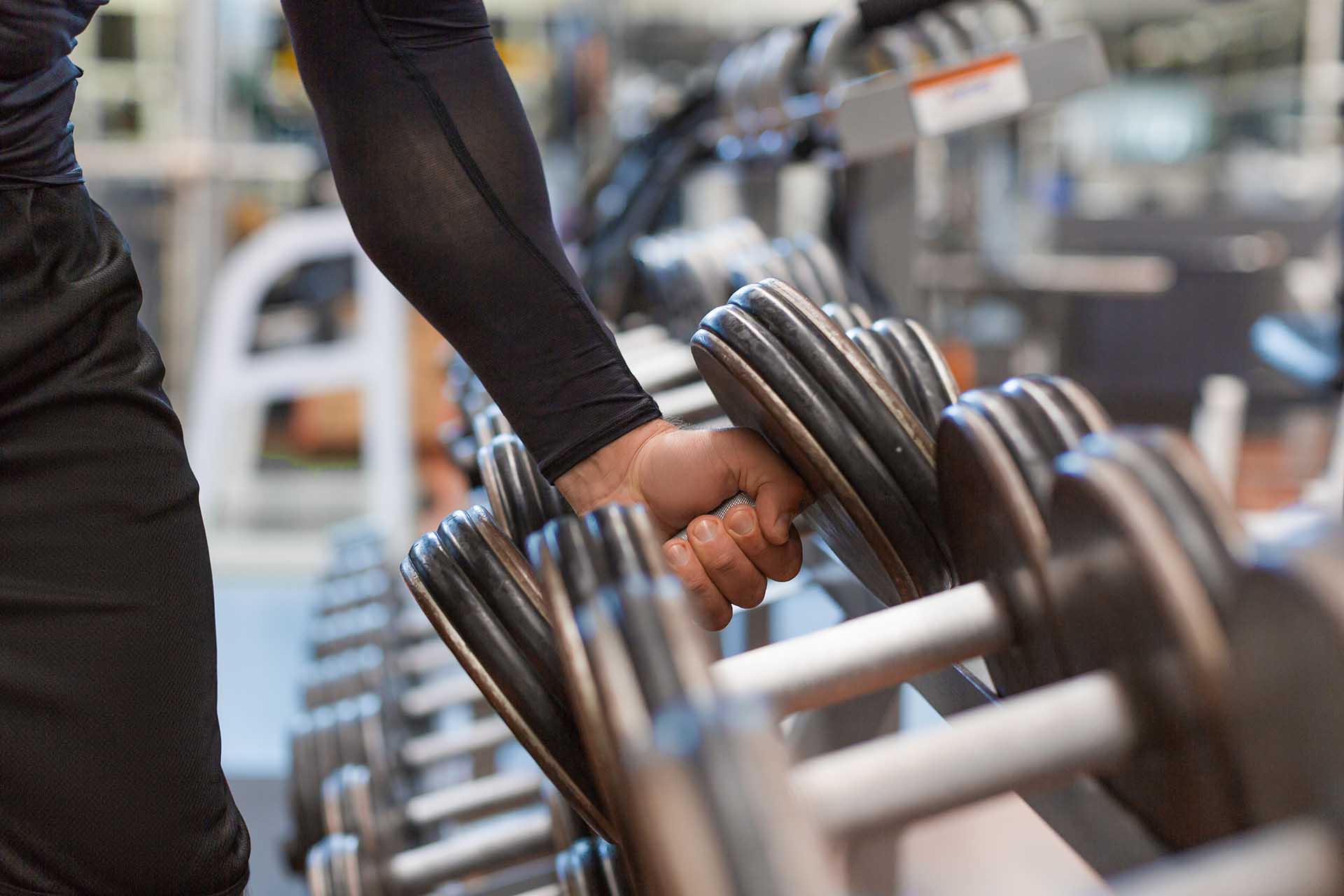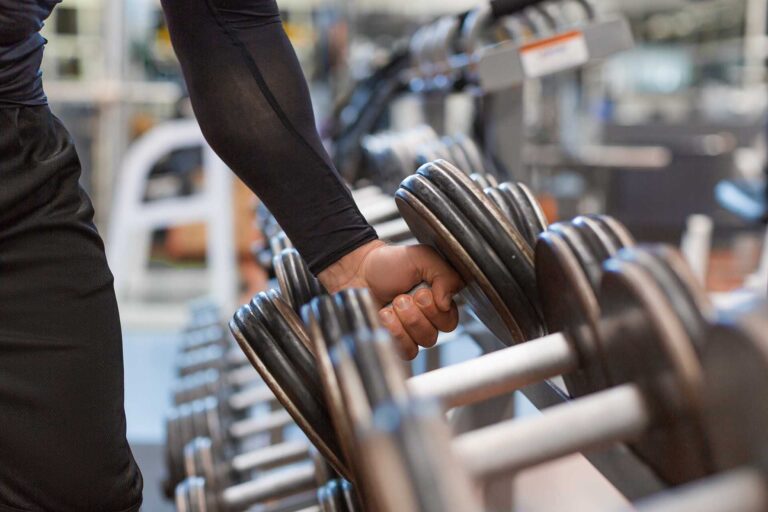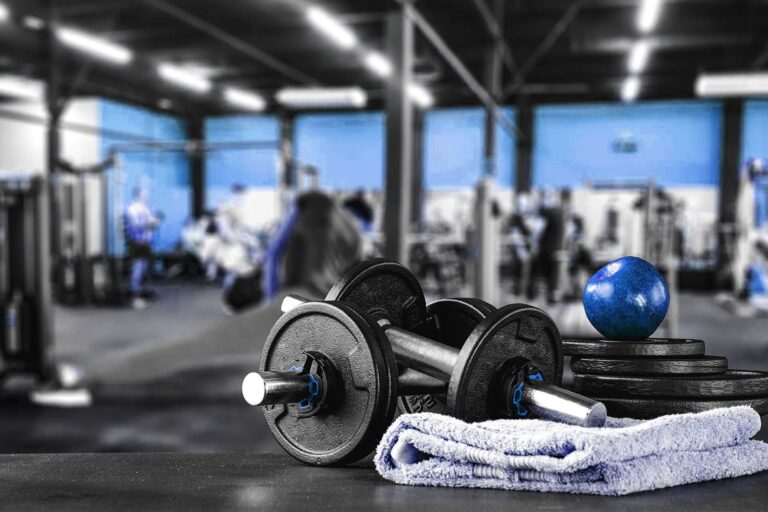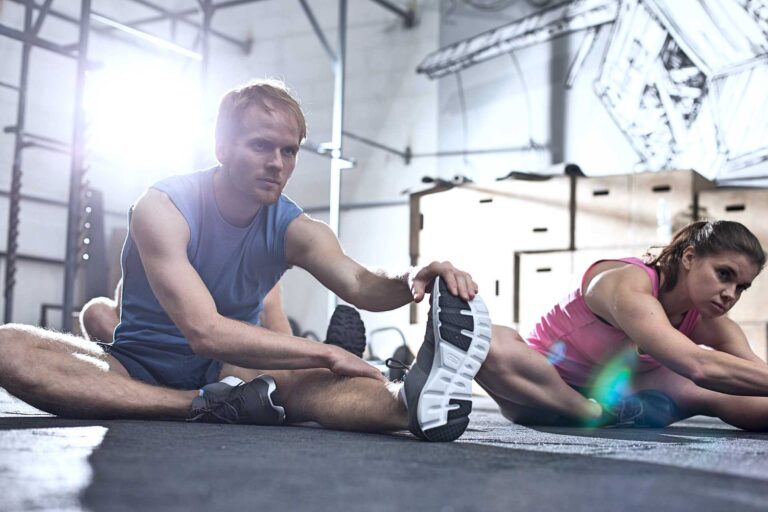Adequate hydration is key for athletes, as a large part of our body is made up of water and plays a role in all physiological processes. During exercise, the body produces heat, which it tries to lose through sweating to maintain an optimal body temperature. If hydration is inadequate, performance is reduced, fatigue increases and even severe dehydration can occur. Lack of water also puts more strain on the cardiovascular system, as the reduced blood volume means the heart has to work harder to deliver oxygen.
Fluid consumption and weight training
During weight training, muscles are subjected to increased stress, which causes micro-injuries. Adequate water is needed for regeneration, as the transport of nutrients and the removal of waste products between cells is done through water-based processes. If you don’t drink enough fluids, muscle performance can be reduced, cramps can increase and the effectiveness of your workouts can be less than expected. In addition, dehydration significantly increases the risk of injury, as the flexibility of muscles and tendons is reduced and the lubrication of joints is impaired.
Adequate fluid intake not only supports muscle performance and recovery, but also helps to regulate body temperature and reduce fatigue. Dehydration can also lead to a decrease in concentration and reaction time during exercise, which can negatively affect performance, especially during high intensity exercise.
The relationship between high protein intake and water consumption
Athletes, especially bodybuilders and those involved in strength sports, often consume higher amounts of protein to build and recover muscle. However, during the breakdown of proteins, the body produces nitrogenous waste products, such as urea, which the kidneys have to excrete. This requires adequate water, otherwise the kidneys can become overworked and hydration levels can deteriorate. A protein-rich diet forces the body to excrete more urine, which further increases fluid loss and the risk of dehydration.
If you don’t drink enough water with a high protein intake, you risk dehydration, which can cause headaches, fatigue, digestive problems and long-term kidney damage. Proper hydration contributes to optimal kidney function and detoxification of the body. In addition, the proper absorption and utilisation of protein is most efficient in the presence of water, which is why it is crucial for athletes to stay hydrated.
How much water should we drink?
The daily recommended amount of water for athletes is usually between 2.5 and 3.5 litres, but this depends on the intensity of exercise, ambient temperature and individual needs. With weight training and high protein intake, this can increase further to 4-5 litres. It is important that drinking is not just after exercise, but spread evenly throughout the day. During exercise, it’s a good idea to drink small amounts of water every 15-20 minutes to keep your body hydrated.
Proper hydration involves not only drinking water, but also eating hydrating foods such as juicy fruits and vegetables. Foods such as cucumbers, watermelon, oranges and celery can help to replenish water. Minerals such as sodium and potassium should also be replenished to maintain electrolyte balance, especially after intense exercise.
Summary
For athletes, adequate fluid intake is not just a recommendation, it is an essential need. Hydration helps muscle function, recovery and reduces the risk of injury. Especially during weight training and high protein intake, adequate water intake is crucial to keep the body functioning properly. Water helps maintain proper circulation, supports the digestive system and helps eliminate toxins. Don’t wait until you’re thirsty – regular hydration is one of the keys to optimal performance! Listen to your body’s signals and remember the importance of hydration during your daily workouts.
In the Soul Gym in Pécs, there is a separate water purification machine so that you can always get fresh drinking water or prepare your shakes from the on-site supplement machine!





